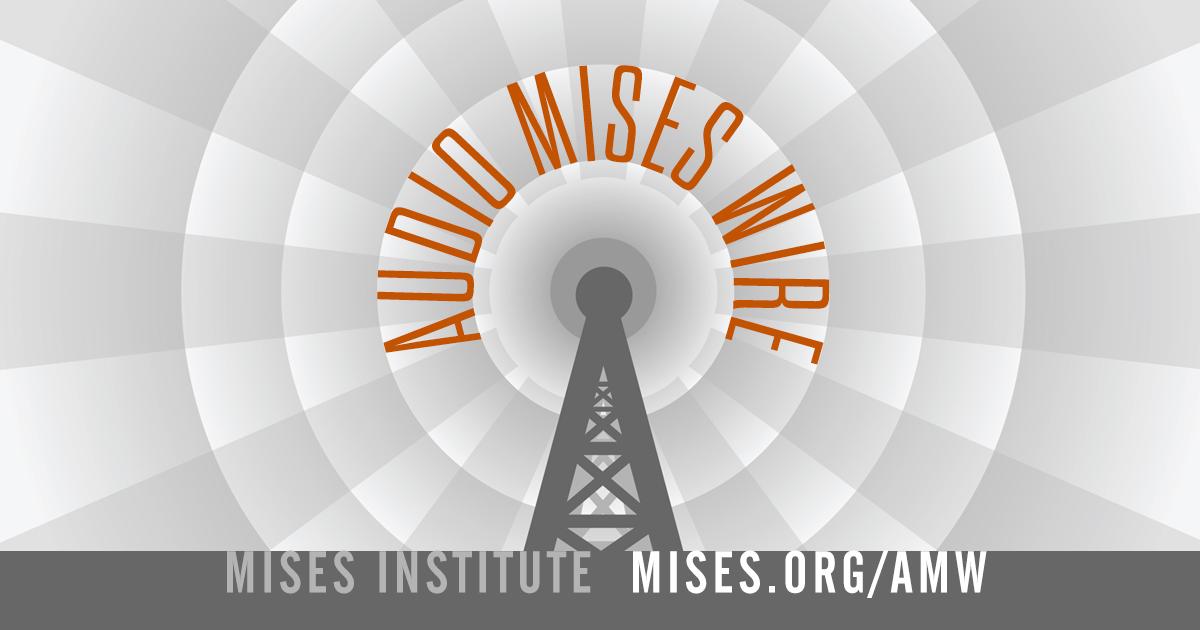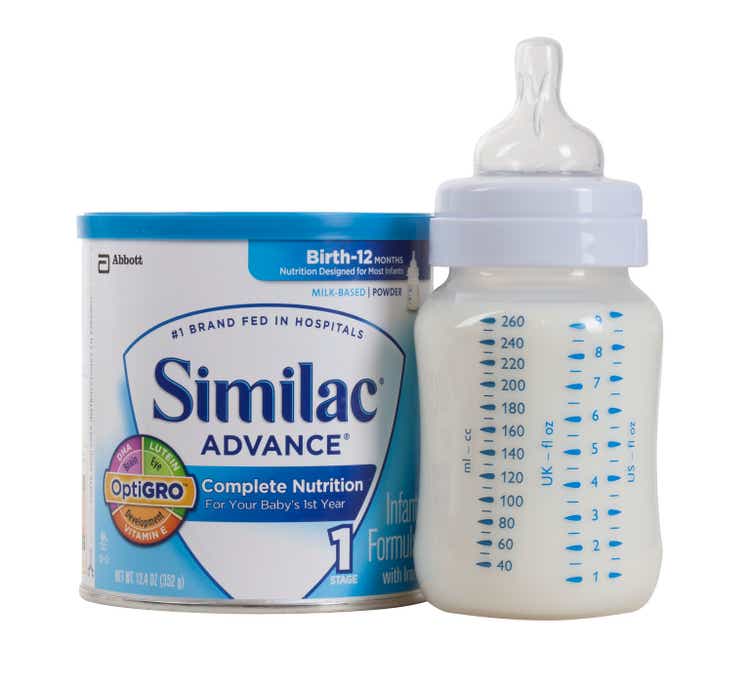The Dutch Startup Visa is a gateway for people to prosper but also become an entrepreneur | Image Credit: DepositPhotos
Satya Nadella and Sundar Pichai are two of the most prominent tech executives in the world. Before taking the helm at Microsoft and Google parent Alphabet respectively, they both held H1-B visas at some point to continue working in the United States. While the H1-B visa has since become a lottery of sorts and encourages employment, countries like the Netherlands are rethinking this whole visa system.
H1-B is still seen as a gateway to work, live, and prosper in the United States, but it has mostly encouraged the idea of being employed over anything else. With the Dutch Startup Visa, the Netherlands is not only offering a gateway for people to prosper but also become an entrepreneur.
Dutch Startup Visa: what you need to know
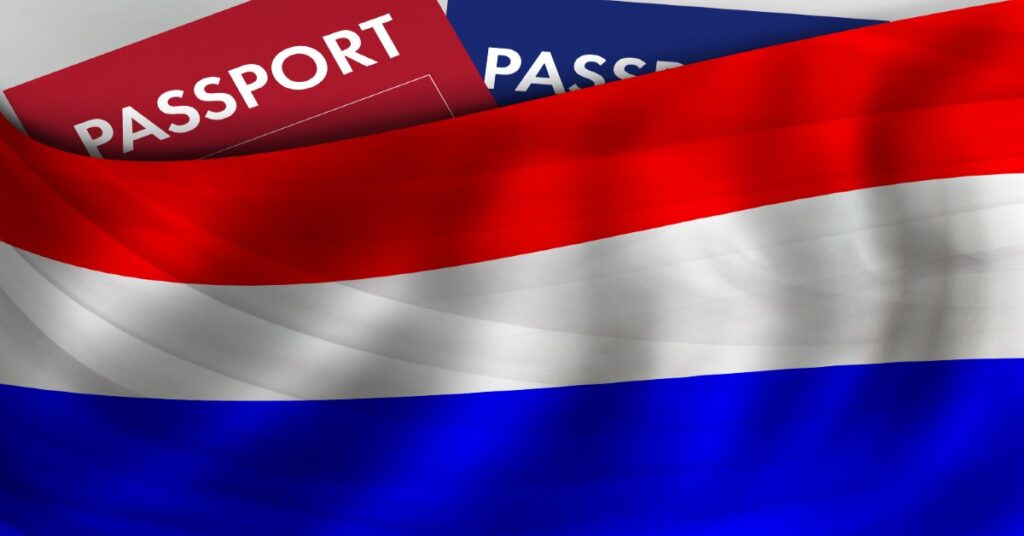
The Netherlands is not only one of the most beautiful countries in the world but has also transformed itself as a hub for entrepreneurship and innovation. The 2022 Global Startup Ecosystem Report (GSER) released by Startup Genome put Amsterdam Delta at the top of its ranking for major startup ecosystems in the European Union.
The Netherlands, in general and Amsterdam, in particular are thriving as an entrepreneurial hotbed in Europe. The 2022 GSER also showed how this growth is not only led by the Netherlands Ministry of Economic Affairs and Climate Policy focus on helping entrepreneurs but also due to the support of the startup ecosystem, which led to a rise in accelerators and non-profits building an inclusive and collaborative ecosystem.
With the Dutch Startup Visa scheme, the country is enabling entrepreneurs from outside the EU, EEA or Switzerland to apply for a temporary residence permit for the Netherlands. The visa programme, which began on 1 January 2015 as a fast-track programme, offered only one year for an entrepreneur to get their innovative business started. However, the Ministry of Justice and Security together with the Ministry of Economic Affairs and Climate Policy announced that the period is now being extended to two years.
![]()
“After the policy evaluation, it can be concluded that the initial objectives of the regulation have been achieved and that the Netherlands is successful in attracting startups to our country but there’s still room for improvement. The possibility of implementing other recommendations still needs to be explored further. The Minister of Justice and Security will inform the Dutch Parliament about this in the first half of 2023,” a spokesperson for the Ministry of Justice and Security said.
This review has been something that a number of organisations had been asking for, including entrepreneurs and facilitators. “The [Dutch Startup Visa] helps you to grow from a startup into a fully fledged business,” says Rutger de Graaf of Netherlands Point of Entry. “It is a win-win situation for the entrepreneur and Dutch society at large creating a successful business with the benefits of Dutch economy.”
The Dutch Startup Visa does not come with any cap like H1-B, but requires the startup to work with an approved startup visa facilitator. “There is no cap on the annual number, but it’s important that the so-called facilitator is able to provide qualitative guidance on a one-on-one basis to the entrepreneurs,” says Yeni Joseph, Head of Government Affairs and Public Policy at TNW.
Who can apply for Dutch Startup Visa?
The idea of Dutch Startup Visa stems from the country’s quest to foster innovation and entrepreneurship. The criteria for applying for this visa, which is industry agnostic, is also designed with that in mind.
Joseph says, “Tech startups and scale-ups with a scalable (IP-based) innovative business model and global expansion ambitions, wanting to accelerate and grow their business within the European market via the Netherlands and beyond.”
The selection criteria is also straight-forward where the entrepreneur applying needs to show experience, ability to produce an innovative tech-based service or product, scalable business model and international expansion strategy, demonstrate a dedicated business plan, and must be able to show sufficient financial resources to reside and live in the Netherlands for two years.
“The founder/team will become a member/resident of TNW Spaces, and will use the TNW Spaces premises as the company’s main location in the Netherlands,” says Joseph.
De Graaf says the Dutch Startup Visa is not sector specific, but follows the Dutch Top-sector policy and societal transitions, such as the Energy and Climate transitions that we are currently encountering. He also adds that the startup visa facilitator can decide on a specific focus area. , such as photonics or nano-technology. “They are free to decide the focus, as long as it follows the innovativeness criteria,” he explains.
Who can become the facilitator?
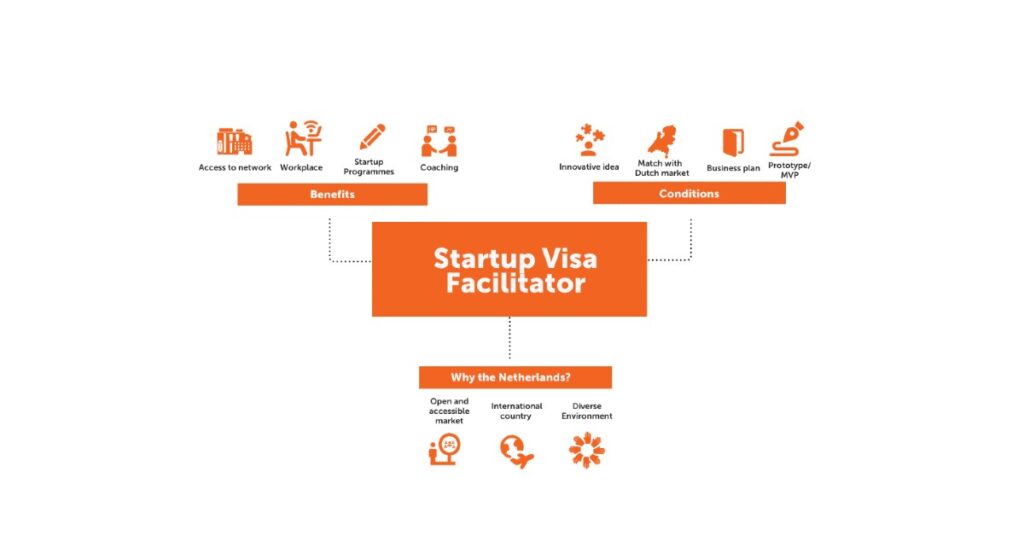
This is where the Dutch government does things differently by drafting a rule and establishing a criteria for startup visa facilitators as well. The first rule is that the facilitator should have an experienced team with a proven track record of guiding startups.
The second criteria is that they should establish financial stability of their organisation and lastly, they should have a facilitation programme and selection process in place. In addition, the facilitator is also required to not have a majority interest in the startup company and may not be a family member up to the third degree.
Two years to prove your business model
The process to apply for Dutch Startup Visa is straightforward and De Graaf says it is as easy as possible. If an entrepreneur meets the above criteria and is matched with a proven facilitator, then they will be granted Dutch Startup Visa for a year. However, it has been announced that the residence permit will be granted for two years (awaiting the legal implementation of this announced change in policy).
While entrepreneurs earlier had the option to transfer their visa to self-employment residence permit after the first year, that time period will be extended to two years in the near future.
“The declaration from their facilitator offering a positive recommendation about the entrepreneur grants the entrepreneur with a direct transfer to the self-employment visa,” says Joseph. “Within the scoring system, the statement of the facilitator equals at least the minimum score for personal experience, business plan, and added value for the Dutch economy,” she adds.
However, if an entrepreneur fails to develop an innovative new product or understand the business climate within the visa period, their permit ends and they are required to apply for another one. “If they do not qualify for any other permit, they have to return to their country of residence,” says De Graaf.
Essential Startup Personnel Visa: a year later
Last year, the Netherlands introduced a new work permit called Essential Startup Personnel and it allows an employer to attract international talent with specific expertise. It also allows foreign workers to find a job in the Netherlands demonstrating specific high-quality expertise.
A year after it was introduced, the programme has received traction. De Graaf says, “There is a real demand under scaling startups for young talent in the market.”
Joseph says the essential startup-up personnel visa has shown that the scheme can be valuable. However, he adds, “[it] only really works for very early stage startups since giving away equity to personnel (at least 1 per cent) is a big investment.”
De Graaf says the essential startup personnel and residence permit have opened up possibilities for Dutch startups to hire talented people from outside the EU. “As the market of most fast growing startups with a worldwide one this helps them to scale better and faster,” De Graaf adds.
Building talent and future technologies
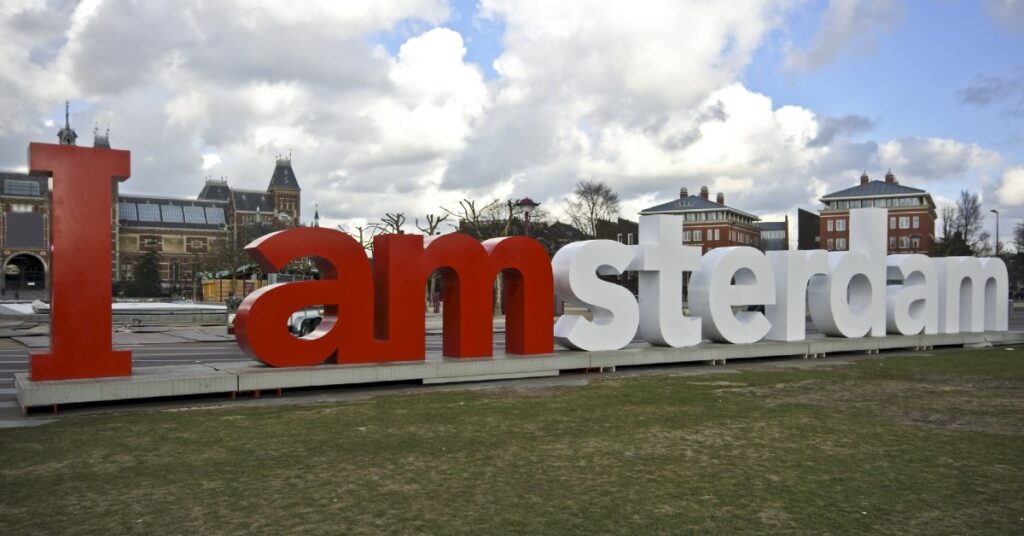
The Dutch Startup Visa and the Essential Startup Personnel Visa have paved the way for the Netherlands to emerge as the hub for innovation in Europe. The collaborative and inclusive landscape has allowed startups to build products and technologies in the field of AI, Metaverse, 5G, and Robotics.
“At TNW, we see a strong focus on AI in the applications we receive,” says Joseph.
De Graaf initially expected to see changes to the visa permit in the next year but now that the government has confirmed that the length of the residence permit for startups will be extended to two years without offering a specific timeline when it will go into effect, he believes it will allow deeptech startups more time to develop.
“One of the reasons is that certain startups in sectors like bio-tech, high-tech, quantum, engineering, hardware, etc, need more time to develop a successful company than one year,” he says. “Furthermore it enables the Dutch tech ecosystem to attract talent for a longer period to the ecosystem, giving applicants more security in the period they have to develop.”
All these changes will, however, continue to bolster the spirit of entrepreneurship that is rooted in the Dutch economy. “It is a good development and gives entrepreneurs more time/security to choose to build their tech company in the Netherlands,” Joseph adds.
Tech industry has become the backbone of the US economy and the Netherlands wants to create a similar tech ecosystem. However, it is not doing it with the focus of building tech companies alone. Through Dutch Startup Visa and Essential Startup Personnel Visa, it is nurturing talent and once it irons out some of the issues, the country could further its goal of being a truly sustainable economy.
The spokesperson for the Ministry of Justice and Security agrees with the sentiment. “It will enable startups to have more time to develop. Furthermore, it enables the Dutch ecosystem to attract talent for a longer period to the ecosystem and gives entrepreneurs more security in the period they have to develop. We believe these changes can make all the difference to allow these innovative startups to reach their full potential,” she added.







